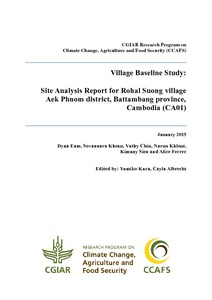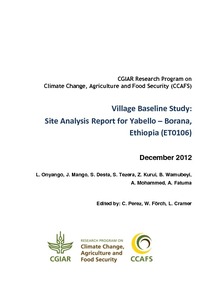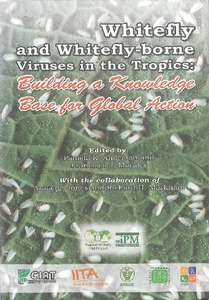Transforming the global landscape
Rapid land transformation driven by large scale investments is one of the big trends defining this century. In a virtual briefing for the Global Donor Platform members CIAT agriculture expert Deborah Bossio dismisses the cry for more investments often heard in development circles. From her perspective a lack of investments is not the problem. The more pressing question is whether these large scale investments could be sustainable and socially inclusive. How are they going to play out in the end?








